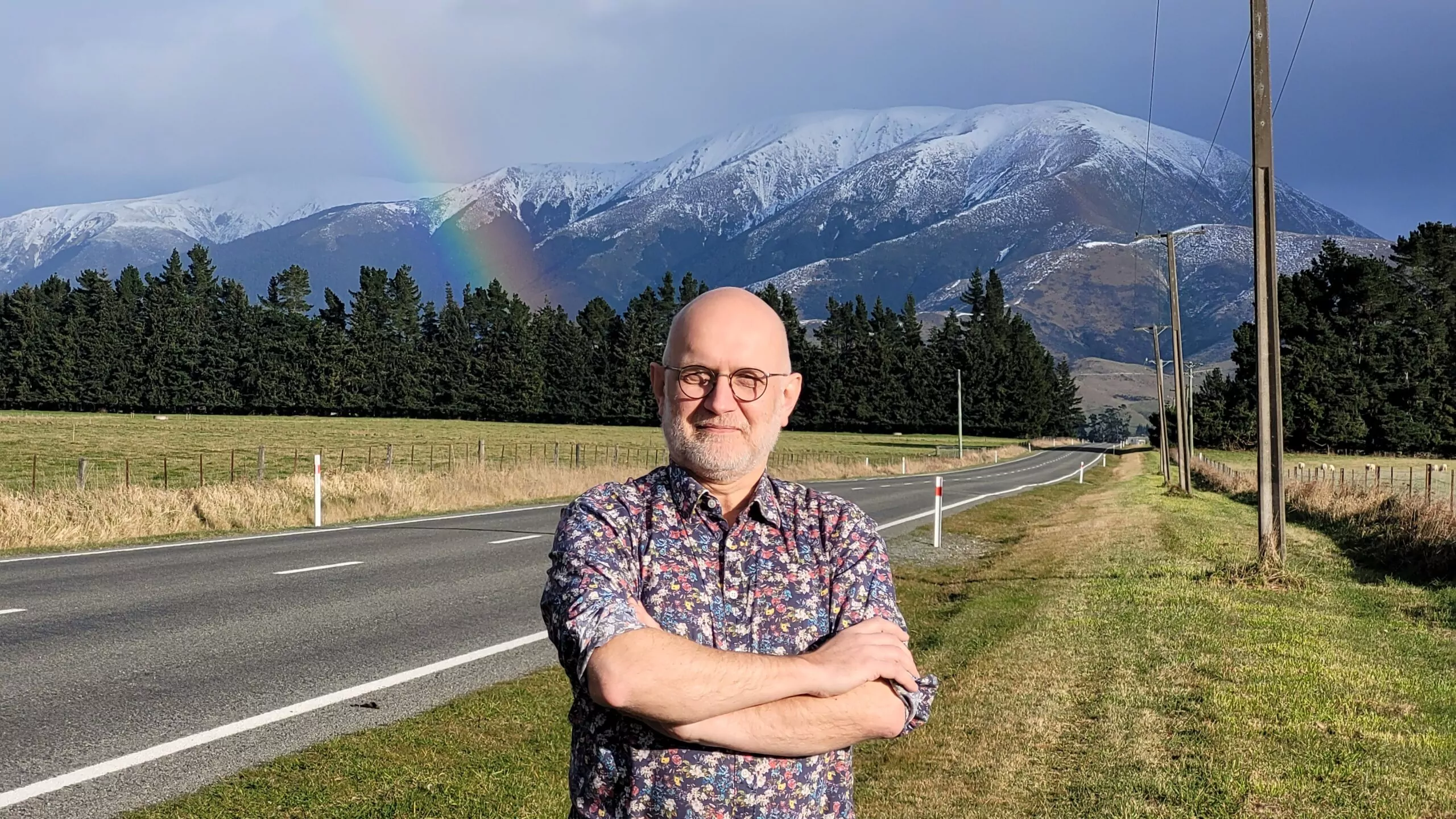The curriculum guide encourages teachers to view ““history is a continuous thread.”
In a press release, Education Minister Chris Hipkins said “all young people will grow up understanding key aspects of Aotearoa New Zealand’s histories and how they have influenced and shaped the nation.”
He said “The Ministry of Education has been working with history and curriculum experts, iwi and mana whenua, Pacific communities, students and ākonga, parents and whānau, and other groups with a strong interest in shaping how Aotearoa New Zealand’s histories and Te Takanga o Te Wā could be taught.”
“The resulting draft curriculum content was tested in 2021 in schools and kura staffrooms, classrooms, and with the public through a survey and general submission process.”
Hipkins said “the feedback the Ministry received was wide-ranging, clear, and at times confronting. New Zealanders have a lot to say about how our nation’s histories should be examined and discussed, and that is a good thing.”
In the resources document for teachers it said “contemporary issues that influence our lives can often be linked to past events. People’s actions today shape history tomorrow.”
The document said “Māori history is the foundational and continuous history of Aotearoa New Zealand.”
“Colonisation and settlement have been central to Aotearoa New Zealand’s histories for the past 200 years.”
“The course of Aotearoa New Zealand’s histories has been shaped by the use of power. Relationships and connections between people and across boundaries have shaped the course of Aotearoa New Zealand’s histories.”
In the content overview resource for teachers it said “Do not drape The Treaty of Waitangi with the Union Jack of England, but rather with your Māori cloak, which is of this country.”
The document encourages teachers to watch a video series produced by RNZ called “Land of the Long White Cloud, which is a seven-part documentary web-series that tells the stories of New Zealanders who are reflecting on their colonial heritage and white guilt, and the ways they push through to find a more healthy Pākehā identity.”
In the video, former mayor of New Plymouth Andrew Judd said “we are the problem, always have been.”
ACT PARTY REACTION
ACT’s Education spokesperson Chris Baillie said “the new history curriculum leaves huge gaps in our true history, excluding science, technology and the women’s movement – it’s all about colonisation.”
“The curriculum divides history into villains and victims, contains significant gaps, and pushes a narrow set of highly political stories from our past.”
Baillie said “we want children to be empowered and equipped with knowledge of the world they live in, not a narrow fragment of it promoted by the Ministry of Education.”
“The great promise of New Zealand is that everyone’s equal. For generations people have travelled long distances to give their children a better tomorrow in this little country where everyone gets an equal chance.”
Baillie said “today, Labour is trying to make New Zealand an unequal society on purpose. It believes there are two types of New Zealanders. Tangata Whenua, who are here by right, and Tangata Tiriti who are lucky to be here. We should be learning the history of our multi-ethnic society.”
“Jacinda Ardern promised a history curriculum that would promote a ‘better New Zealand that we can all be proud of, and which recognises the value of every New Zealander’.
“The first ‘big idea’, that Māori history is the ‘continuous history’ of New Zealand, excludes the many people who have travelled from the furthest points of the globe, brought their histories and cultures with them and worked to give themselves, their families and this county and better future.
“The second, that colonisation ‘continue[s] to influence all aspects of New Zealand society’, is depressing and wrong and neglects the elements of our society that are untouched by colonisation.”
“The final big idea, that power has been the primary driver of our history, creates a narrative of oppressors and oppressed, and leaves out the many forces that have propelled our past, including scientific discoveries, technological innovations, business, and artistic creativity.”
“The curriculum pushes a number of left-wing narratives, including about the welfare state, ‘cultural appropriation’, and a partnership between the Crown and Māori.”
“It leaves out or brushes over growing civil rights and liberties, technological and scientific innovation, and our citizens’ participation in two World Wars.”
“If students are to be taught New Zealand history, they deserve an honest account of who we are as a nation.”








